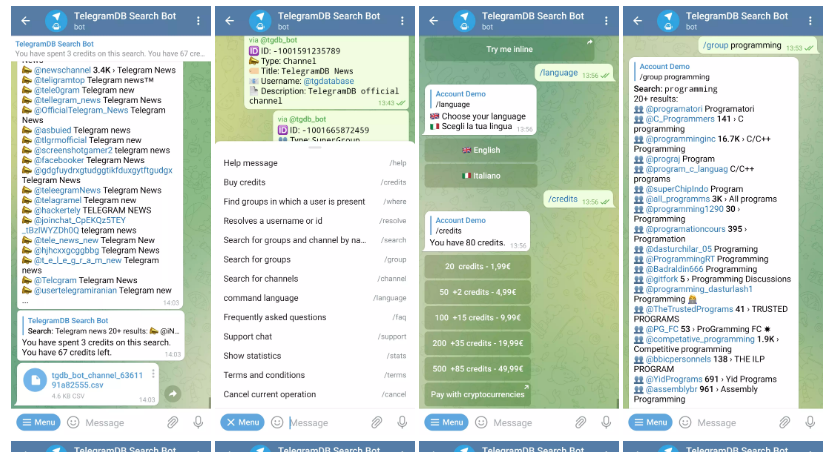Telegram: The Messaging App Shaping Global Communications in Times of Crisis
Table of Content
In an era where digital communication platforms can make or break the flow of information during critical times, Telegram has emerged as both a hero and a subject of controversy.
The famous messaging app, founded by Pavel Durov, has become an essential tool in conflict zones while simultaneously raising significant security concerns. Let's dive into how this platform has shaped global communications in 2024.
The Battlefield of Information: Ukraine and Russia
When Russia's invasion of Ukraine intensified, Telegram found itself at the center of the information war. The platform became the go-to source for real-time updates, serving both sides of the conflict.
However, this dual role came with complications. In September 2024, Ukraine took the dramatic step of banning Telegram on government devices, citing fears of Russian espionage. Despite this ban, the platform's grip on wartime communication remains strong – perhaps too strong, according to some security experts.
The Center for European Policy Analysis warns that Ukraine's heavy reliance on Telegram could be a double-edged sword. While it enables rapid information sharing, it also leaves the country vulnerable to cyber-attacks and targeted misinformation campaigns.
As one Ukrainian official put it, "We're caught between needing instant communication and ensuring national security."
Crisis in Leadership: The Arrest That Shook the Platform
The arrest of Telegram's founder, Pavel Durov, in France during August 2024 sent shockwaves through the global user base. For Russians using the app as their window to independent information, the arrest sparked fears of losing one of their last remaining channels for uncensored news.
The incident highlighted just how vital Telegram has become in regions where freedom of information is under threat.
A Digital Lifeline in Gaza
Beyond Eastern Europe, Telegram has proven crucial in other conflict zones, particularly in Gaza. The platform serves as an essential communication tool, connecting people within the region to the outside world and facilitating the spread of critical information during times of crisis.
Its ability to function during internet disruptions and its support for large group channels has made it indispensable for both civilians and journalists.
The Privacy Paradox
What makes Telegram fascinating is its contradictory nature. While it's praised for its encryption features and privacy-focused design, it's simultaneously criticized for potential security vulnerabilities.
The platform attracts an diverse user base: privacy advocates, journalists in restrictive regimes, everyday users seeking secure communication, and unfortunately, those who might exploit its features for less noble purposes.
Uncertain Future
As we move forward, Telegram faces crucial challenges. Can it maintain its position as a neutral platform while serving users in conflict zones? How will it address the growing concerns about state surveillance and misinformation? The platform's future success may depend on its ability to walk this tightrope.
One thing is clear: Telegram has evolved far beyond its humble beginnings as a messaging app. It has become a vital tool for global communication, particularly in crisis situations. Whether this role is sustainable – and whether the platform can address its security challenges while maintaining its utility – remains to be seen.
For now, millions of users worldwide continue to rely on Telegram, making it a fascinating case study in how technology can simultaneously unite and divide, inform and mislead, protect and expose. As we watch these dynamics play out, one thing is certain: Telegram's impact on global communication is far from over.
Editor's Note: This article reflects events and developments through September 2024. Given the rapidly evolving nature of global events and technology, readers are encouraged to verify current information through official sources.
Read More about Telegram in our Archive



















